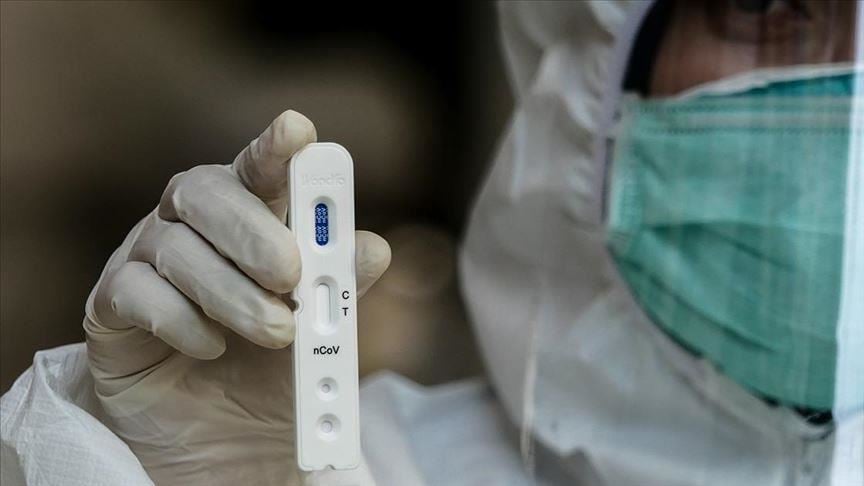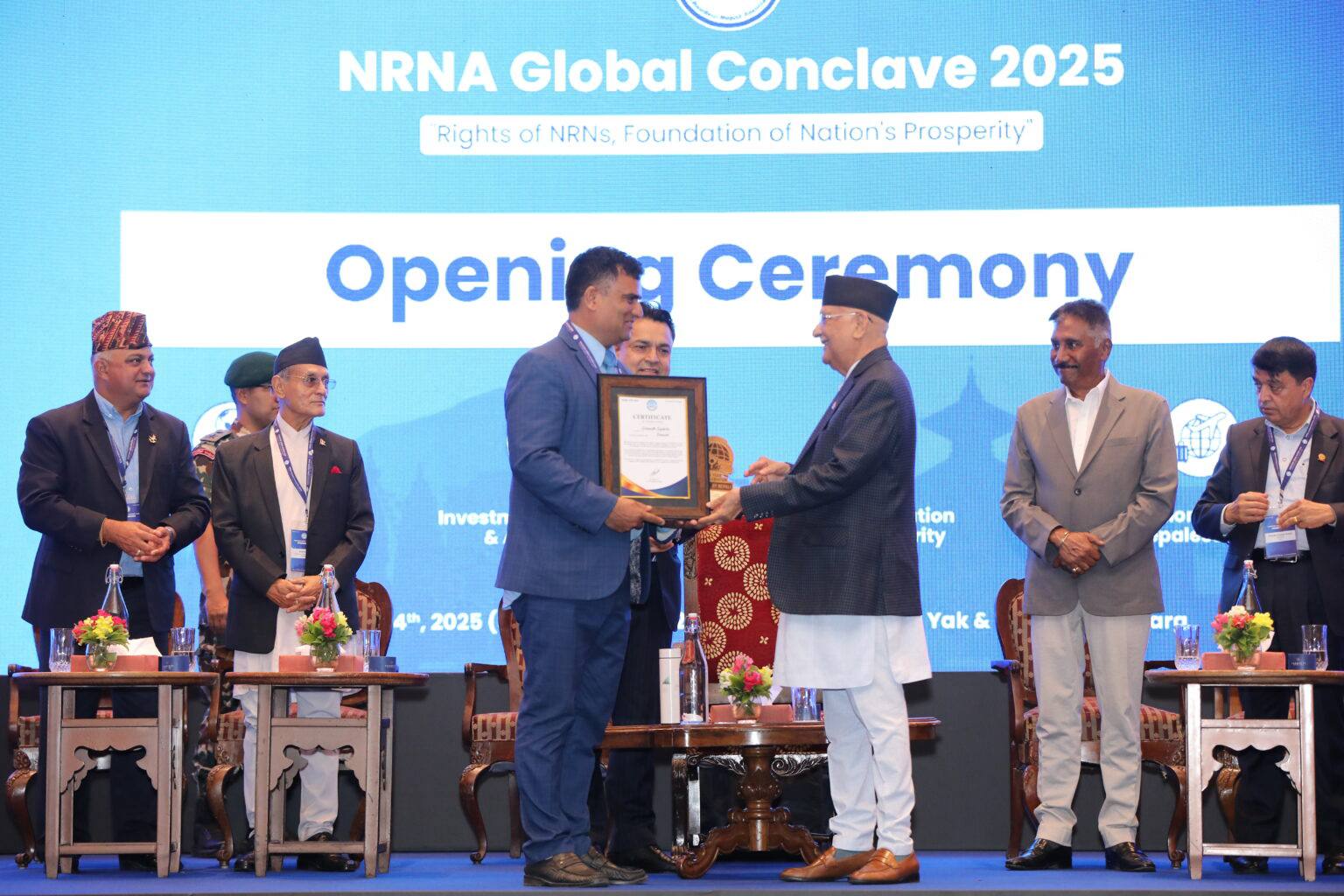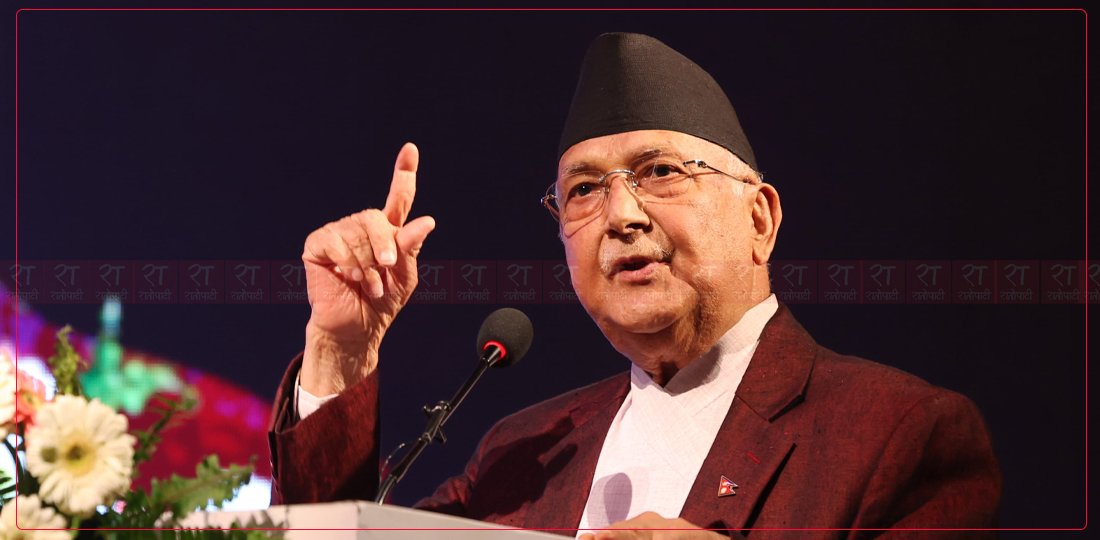Govt to widen scope of coronavirus test

Kathmandu - The government has adopted a policy to widen the scope of test by sealing off coronavirus (COVID-19) prone areas. Secretary at the Ministry of Health and Population Yadav Prasad Koirala shared that the scope of coronavirus test would be widened by sealing off infected areas in state 1 and 2 in view of heightened risk of COVID. A total of 28 people tested positive for coronavirus in Udayapur in recent period.
The ministry has launched a special campaign to widen the scope of test at Bhulke of Triyuga municipality in Udayapur district. Talking to Rastriya Samachar Samiti (RSS), Koirala said, “We have sent teams to identify COVID-19 risk areas in these states and test would be conducted there after identifying risk areas.” Coronavirus test would be carried out among the local people and abroad returnees in risk areas through polymerase chain reaction machine.
The Ministry has also made preparation to carry out test en mass. The local and state governments have already directed for performing coronavirus test en mass. He added mass test would be carried out at quarantine and the place where abroad returnees are staying as per the need. Two teams in Udayapur The government has adopted high alertness after number of coronavirus infected people increased in the district. Koirala mentioned that the ministry on Thursday had sent two teams after people at mosques at Bhulke in Triyuga municipality were found infected with coronavirus.
The teams would identify the people to undergo swab test and test would be carried out only from PCR method. The teams would carry out contact tracing from where the infected people had arrived and those they visited.
According to secretary Koirala, we have not yet entered the third phase of infection and the coverage of testing is going to be extended to prevent the virus from reaching the community level. '' Testing will be conducted in the community reporting the infection and it will be based on the travel history and contact tracing as well.'' The government has so far established a total of 25 hob hospitals: six in the Kathmandu Valley and six outside the Valley for the prevention, containment and treatment of COVID-19.
These hub hospitals have 20 ICUs and 100 isolation beds. Besides, it has introduced a provision of developing other hospitals remaining near to the hubs into hub hospitals if necessary. COVID-19 Clinic Now the government has operated COVID-19 clinic instead of the fever clinic as it seeks to tackle the virus effectively.
As per the government plan, people suspected of contracting the virus will be put under the isolation care with required treatment and will be given the ICU treatment only after the COVID-19 test. Among the SAARC countries, Nepal's testing rate is the highest in proportion to its population. So far around 40 thousand people have gone the COVID-19 test through available 15 PCR machine and Rapid Diagnostic Test kits.
Two portable testing machines brought from China are kept on standby so as to use them for emergency purpose. The RDT is mandatory for all those recently returned from abroad and suspected tests will be taken for the laboratory test through the PCR procedures.
The decision to determine whether or not to continue the nationwide lockdown against the COVID-19 which has been en force since March 24 will be taken by assessing the test results and future state of COVID-19 at home and in neighbouring country. Lockdown has been lately extended until coming April 27. Preparations are underway to bring medicines sufficient for 50 thousand patients, according to Koirala. The present stock of medicines is sufficient to meet the requirement for next two months.










Leave Comment